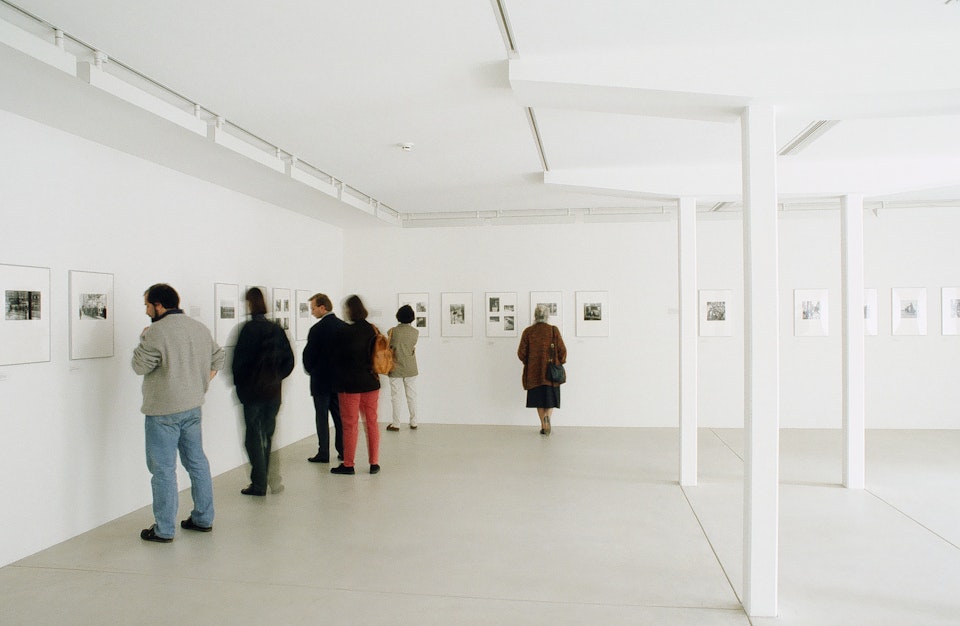
Illegal Camera – Forbidden Photography During the German Occupation of Holland 1940–45
The Netherlands was occupied by the German army for five years. During this time it was under German civil law; all political, social, and cultural activities were organized according to the laws and ordinances of the National Socialists. All unions were disbanded or replaced by new compliant ones. This included the union of journalists and press photographers. The photojournalists were faced with the decision between losing their jobs and joining the newly created censored union.
As life in the Netherlands quickly became worse, with the increase of food shortages and starvation, a group of photographers in Amsterdam (as well as many individual photographers distributed across the country) began to document daily life, the deployment of soldiers and munitions, the empty streets, starvation, the resistance. Since this form of photographic documentation was forbidden, they were forced to photograph clandestinely – from behind curtains, the camera hidden under coats or inside shopping bags. Photographic resistance in the form of voyeurism, the voyeuristic position as a necessary, non-violent weapon.
The exhibition was curated by Flip Bool and Veronika Hekking. A collaboration with the Nederlands Fotoarchief, Rotterdam.